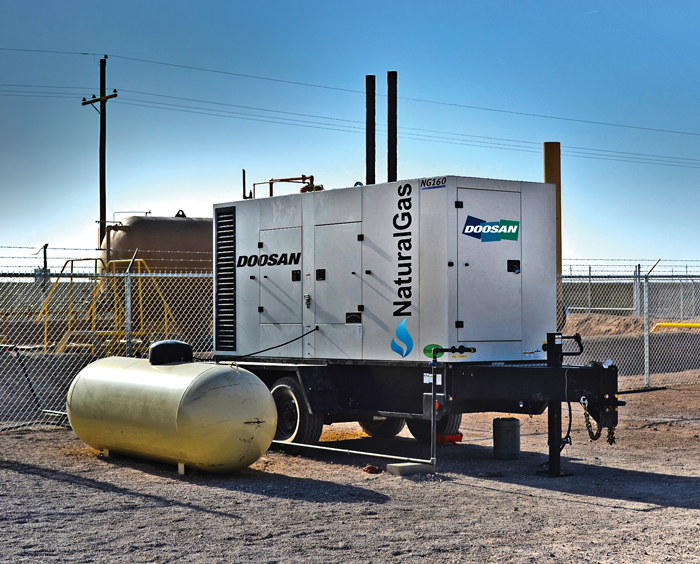Natural Gas Generators: Powering Your Needs with Cleaner Convenience
Natural gas generators, also known as natural gas-powered generators, offer a reliable and efficient alternative to traditional diesel generators. They convert natural gas into usable electricity, making them suitable for various applications, including:
Applications of Natural Gas Generators:
- Backup Power: Homes and businesses can utilize them during power outages to maintain essential operations and comfort.
- Prime Power: In areas with limited or unreliable grid access, natural gas generators can serve as the primary source of electricity.
- Construction Sites: They provide temporary power for tools, lights, and equipment.
- Hospitals and Data Centers: These facilities rely on them for continuous and reliable power supply in case of grid outages.
- Events and Festivals: They offer a power source for sound systems, lighting, and equipment essential for events.
Benefits of Natural Gas Generators:
- Cost-Effective: Compared to diesel generators, natural gas is often a cheaper fuel source, leading to lower operating costs.
- Environmentally Friendly: Natural gas burns cleaner than diesel fuel, reducing greenhouse gas emissions and contributing to a lower environmental impact.
- Fuel Availability: Natural gas pipelines are often readily available in many areas, offering a reliable and readily accessible fuel source.
- Quieter Operation: Natural gas generators generally operate quieter than diesel generators, making them more suitable for residential areas or applications where noise is a concern.
Considerations before Buying:
- Power Needs: Determine the wattage required to power your desired appliances or equipment. Choose a generator with sufficient capacity to avoid overloading and ensure safe operation.
- Natural Gas Availability: Ensure you have access to a natural gas line at your location for connecting the generator.
- Installation: Installing a natural gas generator typically requires professional assistance from a qualified electrician or plumber.
- Maintenance: Regular maintenance is crucial for optimal performance and lifespan. Consider the accessibility and cost of maintenance offered by different models and service providers.
Additional Tips:
- Compare prices and features: Research various brands and models to find the best value for your needs.
- Consult with professionals: An electrician or generator specialist can help you assess your power needs, choose the right generator, and guide you through the installation process.
- Safety first: Always prioritize safety. Ensure proper ventilation when operating a natural gas generator to avoid carbon monoxide poisoning. Follow all manufacturer’s instructions for safe operation and maintenance.
Remember, this article is for informational purposes only. Always research specific models and consult with professionals for personalized guidance based on your individual needs and priorities. Visit here !
Stay in touch to get more updates & news on Discover Tribune!






